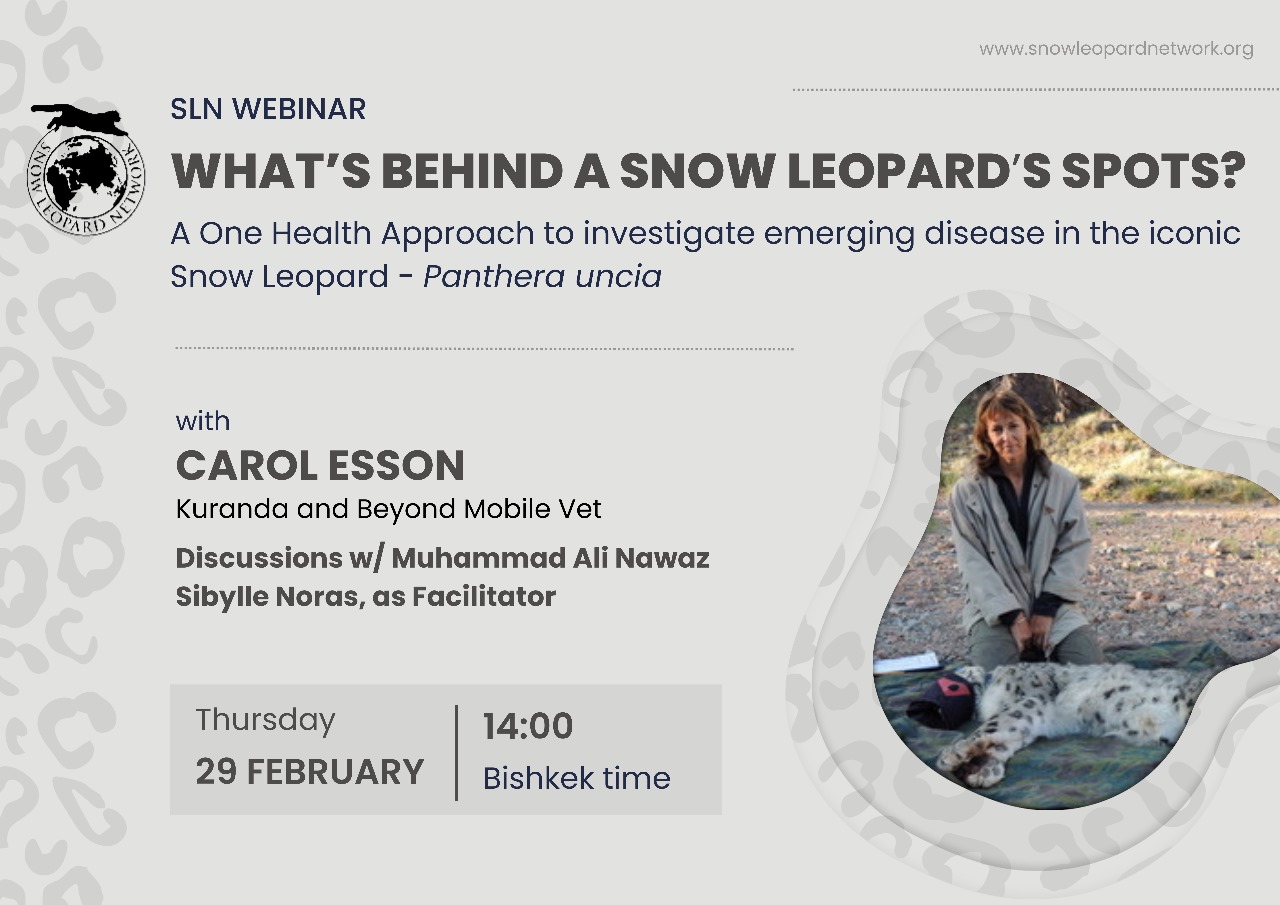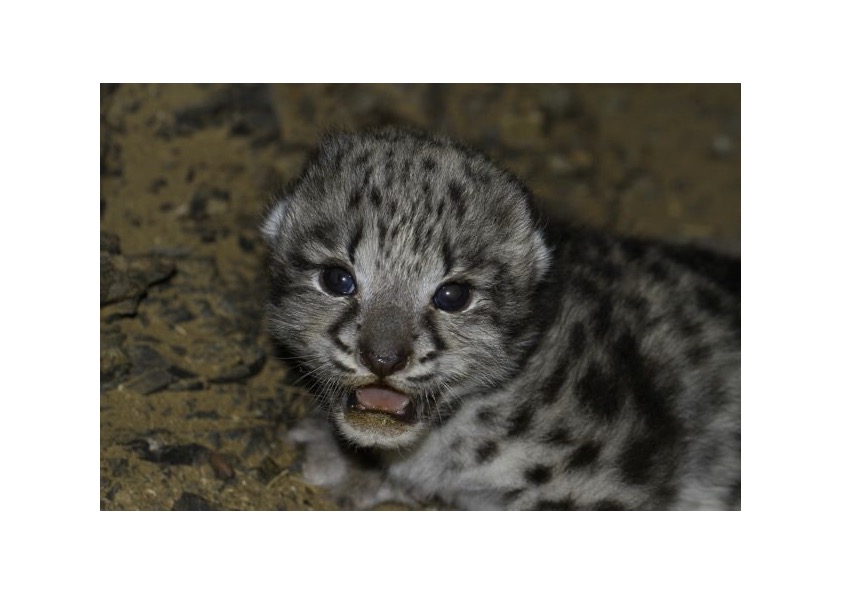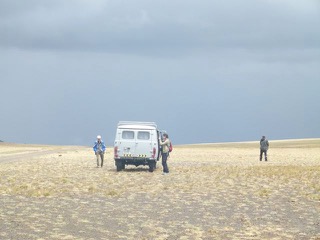Welcome to our first Webinar of 2024 in which we are happy to host Dr. Carol Esson.
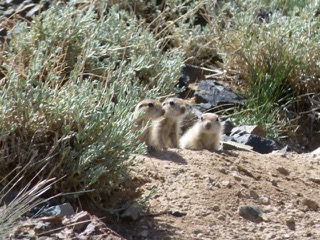
About the Talk:
In this talk today, Carol will be presenting the key questions and outcomes of her PhD research project on Snow Leopards in the Gobi Desert of Mongolia.
Emerging wildlife diseases are a growing concern across the world. They have wide-spread and diverse ramifications, including effects on and interactions between, endangered species, production animals, human health and livelihoods (Smith et al. 2009). In the future, successful disease control will have to reach across the traditional boundaries of conservation, human health and production animal diseases to achieve integrated disease assessment and control programs.
A One Health Approach was utilised to investigate disease threats to an endangered species in a remote location. Carol will talk about the rationale behind the research project design, the techniques used, the analysis and outcomes and how the results should lead to an improved understanding of how we can manage these populations from any future disease threats. These techniques we employ will be able to be extrapolated to other threatened species in remote locations.
![]()
About our Speaker:
Dr. Carol Esson graduated from the University of Sydney in 1987 with Honours in Zoology. From there she worked on several conservation projects within Australia looking at Koala nutrition, Yellow footed rock Wallabies and several other species of Australian wildlife..
Carol went back to university and completed her Veterinary Science degree in 1991- her aim was always to combine her zoology/ecology degree with Vet science as she was/is always passionate about conservation and investigating disease in wildlife. Carol wanted to contribute, in a hands on approach, to help understand and protect populations of the many threatened species on our planet.
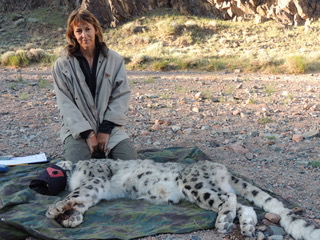
Carol has worked for many years both in a veterinary clinic to maintain her surgical and diagnostic skills, wildlife parks within Australia and as the field vet on several research projects both within Australia and overseas on a large variety of species. Also on a voluntary basis to increase her experience with as many species as possible.
Carol completed her Masters of Wildlife and Conservation Medicine in 1998- her research thesis looked at haematology and biochemistry in the Norther Quoll (Dasyurus hallucatus).
In 2011, Carol volunteered with the Snow Leopard Trust to help with an ecological study, It was such an amazing place in the Gobi Desert and the need for a disease study involving the snow leopards was obvious. In 2012, Carol started a pilot study and in 2013 it became the basis of her PhD.
Dr. Carol Esson continues to work as much as possible on research projects for threatened and endangered species and treating native Australian wildlife.
About our Discussant:
Dr. Muhammad Ali Nawaz holds a PhD in Ecology and Natural Resource Management, with 25 years of experience in the field of wildlife research and conservation. His research primarily focuses on understanding the ecology, and conservation issues of threatened species. Dr. Nawaz employs both field and molecular techniques to gain insights into the distribution patterns of species, the factors that influence their occupancy and niches, and their conservation issues.
Dr. Nawaz has published 70 peer-reviewed papers, five book chapters, and several management-oriented reports. His scientific work has been presented in 40 national and international conferences, and his contributions have been recognized with two international awards from the scientific community. In addition, he has provided guidance in the management planning of various protected areas, conducted capacity building activities for wildlife departments, and undertaken over 60 environmental assessment projects for the development sector.
About our Facilitator:
Sibylle Noras has been interested in snow leopards and their habitat since years of trekking in the Himalayas. With her media and communications background she started a snow leopard blog in 2008 to help spread the message of challenges faced by the species as well as the community conservation efforts by peoples sharing their habitat.
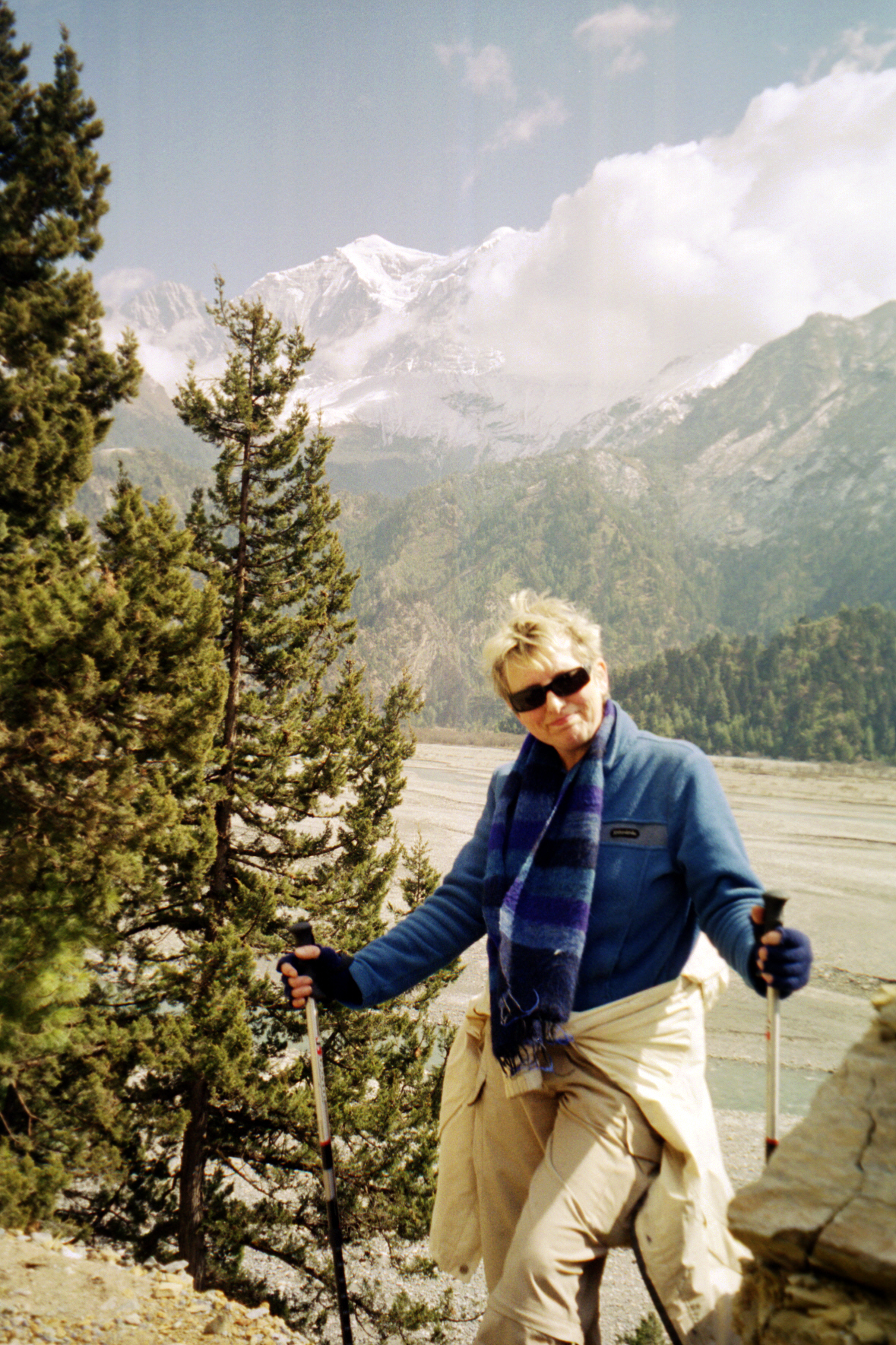
Sibylle was on the Snow Leopard Network Steering Committee from 2012 to 2018. She co-authored the chapter “Sharing the Conservation Message” in the book, “Snow Leopards: Biodiversity of the World”.
Living on the southern coast of Australia, Sibylle now also supports wildlife conservation efforts and environmental awareness in her home community.
Date/Time
Thursday, 29th February at 14:00pm Bishkek time
Location
ZOOM, to join this talk, REGISTER HERE
Please note
- If you have never used Zoom before, we recommend that you try the link 10 minutes before the start of the lecture.
- Please feel free to write questions in the comment area and there will be time for questions/discussion at the end of the talk.
- Please note that the session will be recorded and later featured on the SLN website. If you have concerns about this please let us know before the session.

